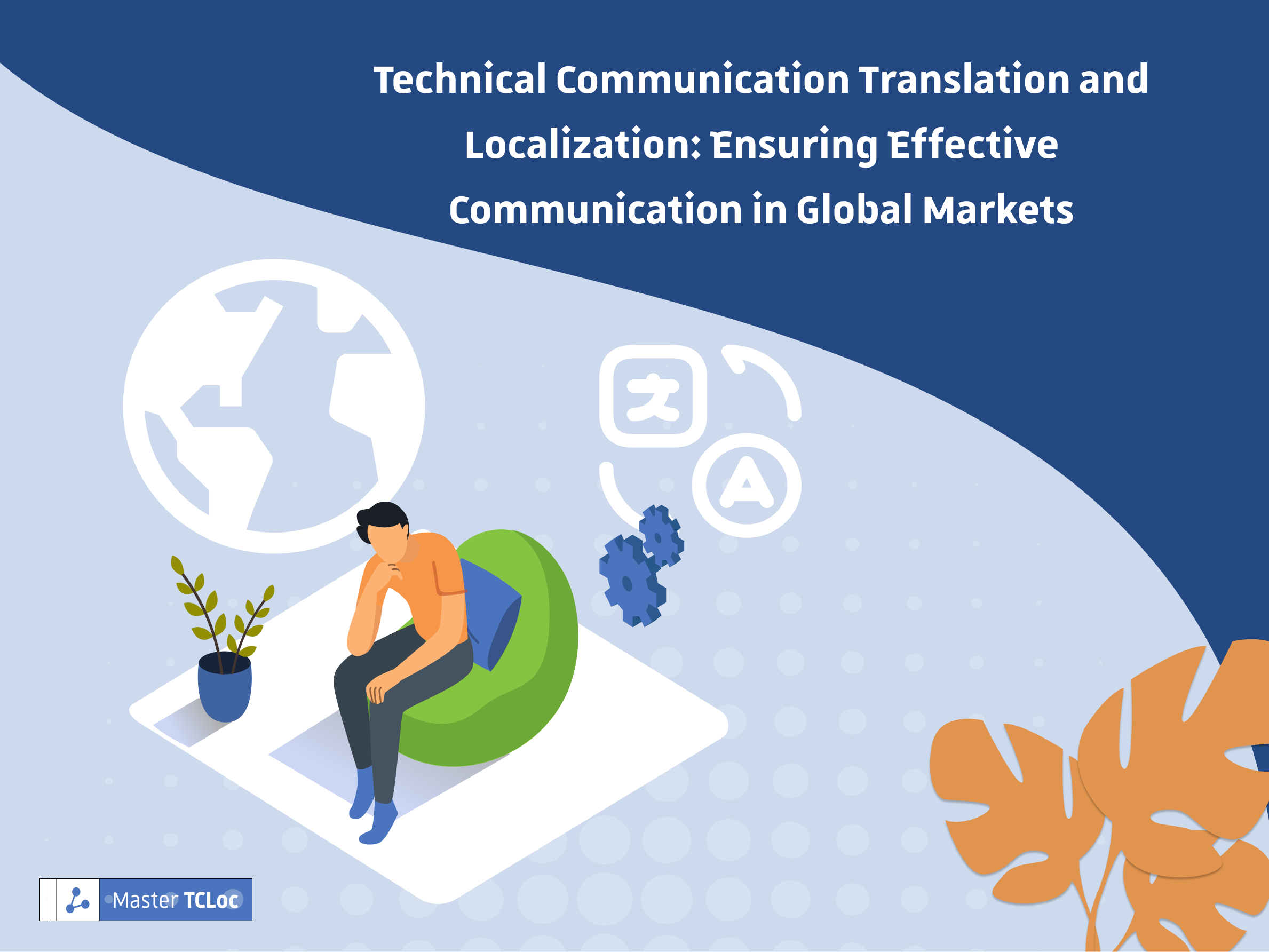In today’s globalized world, effective communication is essential for businesses to succeed. With the increasing trend of international business expansion, technical communication translation and localization have become critical components of effective communication in global markets. In this article, we will explore the importance of technical communication translation and localization, the challenges that arise in the process, and how businesses can overcome these challenges to ensure successful communication with their global audience.

The importance of Technical Communication Translation and Localization
Translation and localization of technical communication are critical for companies that operate in multiple countries or target diverse audiences. Inaccurate translations or insufficient localization can lead to misinterpretations, misunderstandings, and potentially dangerous situations. For example, medical device instructions that are not translated correctly can lead to patient harm, and a technical manual that is not localized for cultural differences may not be effective in another country.
Challenges of Technical Communication Translation and Localization
The challenges of technical communication translation and localization are many.
First, the translation of technical content requires a deep understanding of the subject matter. This means that translators must have the necessary technical expertise to ensure that the content is translated accurately. In addition, technical communication often contains industry-specific terminology that may be difficult to translate or not have a direct equivalent in another language.
Another challenge is localization, which refers to the process of adapting content for a specific language, culture and region. Localization involves much more than just translating words; it requires an understanding of cultural nuances, preferences and customs. For example, colors, symbols and images can have different meanings in different cultures and a product that is successful in one country may not be successful in another without proper localization.
Benefits of Working with a Professional Translation and Localization Service
Working with a professional translation and localization service can help companies overcome the challenges of technical communication translation and localization. Professional services have the expertise to accurately translate technical content and adapt it to different cultures, regions and markets. They also have access to translation memory tools and software that can speed up the translation process, maintain consistency and reduce costs.
Moreover, professional services can provide quality assurance and testing to ensure that the translated content is accurate, effective and culturally appropriate.This can help companies avoid costly mistakes, reputation damage and legal issues that may arise from poor translation or localization.
If this article has whetted your appetite to pursue a career in this field, read this article on New career options.



